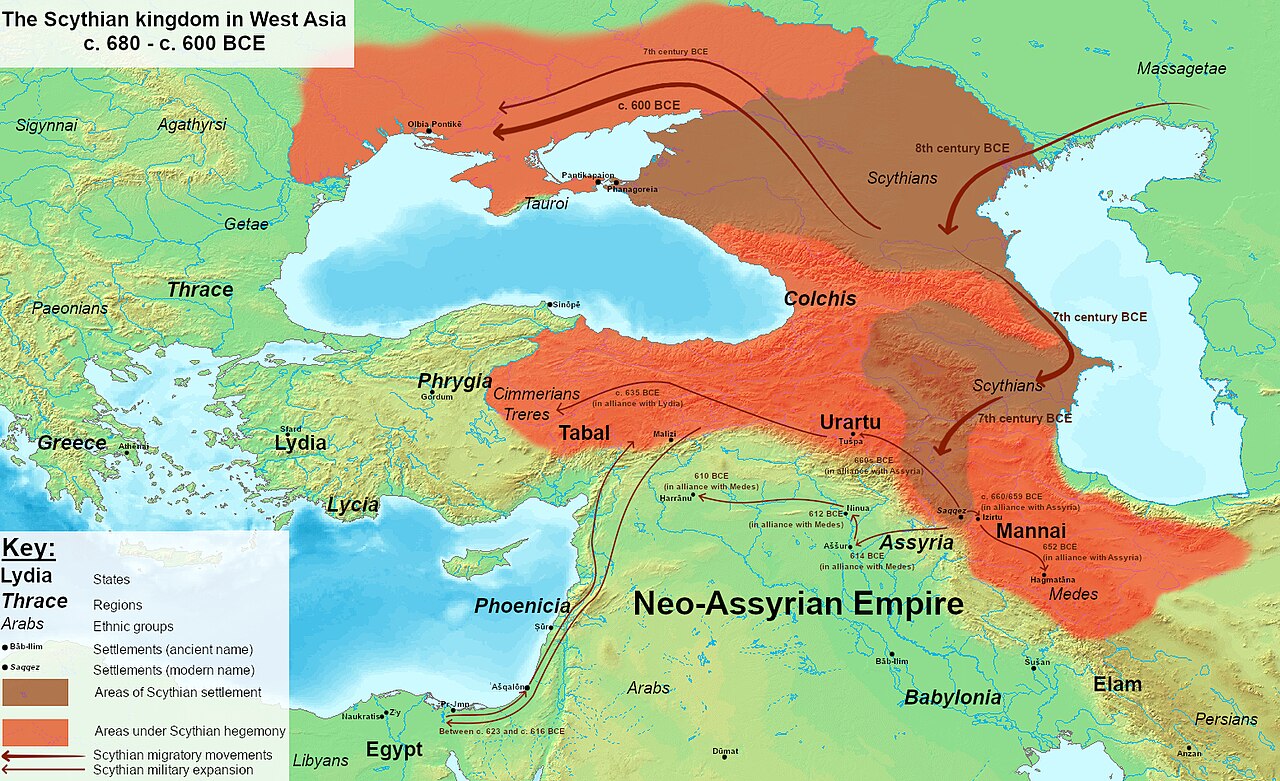Caucasian Albania was an independent kingdom in the north-east of Armenia, in what is now called Azerbaijan. According to Strabo there was not one Albanian nation, but 26 different tribes across their country including some Armenians. Albania was one of the first countries to officially adopt Christianity, their Church being often in communion with ours. Their alphabet, created by Mesrob Mashdots himself, glaringly resembles to that of the Armenians. During the Battle of Avarayr they sided with us against the Sassanid Persians in order to defend Christianity.
This being said, how can Azerbaijanis claim Albanian hertiage, and thus justify their claim on Artsakh?
This being said, how can Azerbaijanis claim Albanian hertiage, and thus justify their claim on Artsakh?










Comment